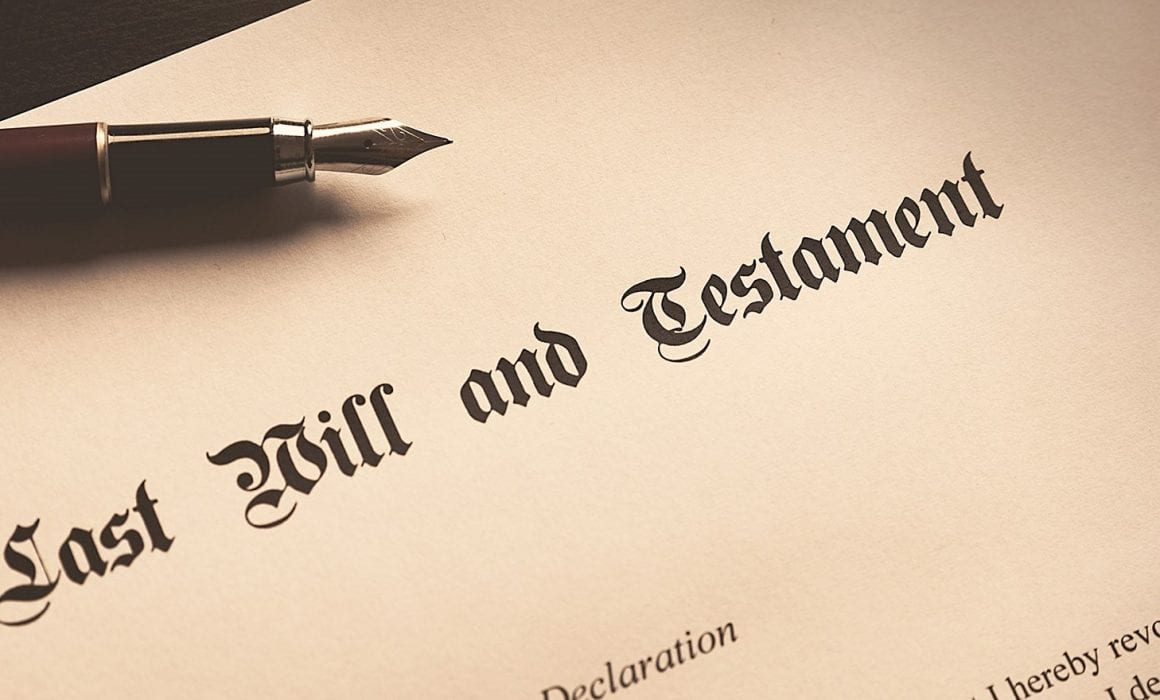Insights From Our CEO: Why You Need a Will
Welcome to our exclusive series of personal – and business – wealth management insights from Ajay Wasserman, Founder and CEO of the Fio Group. In this article, he explains why it’s essential that you have a valid Will.
What is a Will?
A Last Will and Testament (often shortened to a Will) is a binding legal document that sets out your final wishes regarding the distribution of your assets (these can include but are not limited to property, capital, investments or vehicles.) Should you die intestate (without a valid Will), these wishes may not be fulfilled, and the government has the right to decide how your assets are distributed. Furthermore, this can make the resolution of your estate much more complex and costly for your nominated beneficiaries.
So, the most important question you need to ask yourself is “am I brave enough to die without a Will?” Leaving your loved ones in a position where there’s no will to resolve your estate, can create a lot of disruptions between family members.
You do not want to leave your family without a Will. Putting your wishes on a document that’s legally binding is vital so that your loved ones are allocated your assets during the resolution of your estate.
If you want to give your property to your kids or to your spouse and you want your vehicles to be distributed a certain way or even your Investments, your secondary properties, your business, shares etc. You need to make your wishes clear in your Will
You should have a living will as well, which sets out the wishes of what you want to happen with your remains, e.g. do you want your remains to be cremated or do you want your body to be buried?” It may sound morbid, but it’s a decision that needs to be made.
What you need to know about a Living Will
Other wishes that can be laid out in a living will include whether doctors should keep you on life support if your body can no longer function by itself; you don’t want to leave your beloved ones with the burden of making that decision, it will take an immense emotional toll on them. So, having a will to work together with your living will is one of the most important things you can do.
The executor that you nominate inside your Will is the person that will be resolving your estate; it’s generally an attorney, accountant or qualified financial adviser that can assist you to resolve this estate.
You can also have a family member as the executor of the estate but to do that you are putting a family member in the position to make emotional decisions while they are resolving your estate so I would not recommend that you have a family member has their executor of your estate because they will react emotionally to your death and they might make decisions when they resolve the estate that aren’t in the best interest of your wishes as well as your beneficiaries nominated in your Will.
Make sure that you’ve got an independent financial adviser, lawyer or accountant who is the executor of the estate that can resolve your estate objectively and according to South African legislation.
Please take note that there are executor fees payable of three and a half percent excluding VAT on the total asset value of your estate. Ensure that you do your homework so that these fees can be negotiated upfront and noted in your Will.
At the end of the day, to ensure all your wishes are fulfilled, create a well-articulated last will so that there is no ambiguity about how, and to whom, your assets should be distributed. You can write it yourself, but for greater insurance (and reassurance), have it drawn up by an attorney who specialises in trusts and estates.
Connect with Ajay
I don’t want you to miss anything so please subscribe to my YouTube channel like my Facebook page connect with me on LinkedIn and follow me on Instagram and SoundCloud.”



